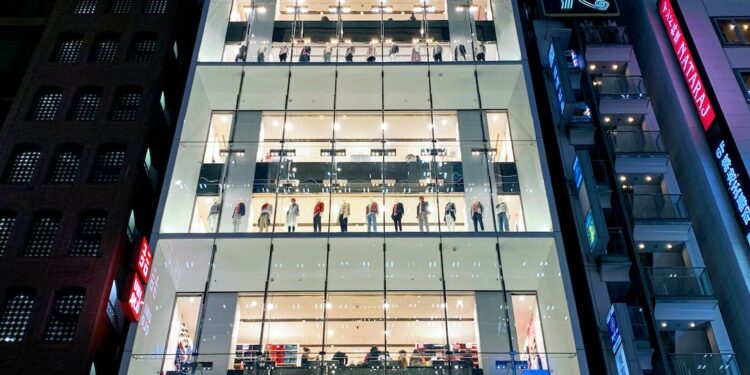The Impact of Influencer Collaborations on Retail Sales
In this age of technology and social media, influencers have become an integral part of marketing strategies for businesses, and the impact they have on retail sales is undeniable. Consumers are increasingly turning to influencers for recommendations and guidance on their buying decisions. With their large following and persuasive power, influencers have the potential to significantly impact retail sales. In this blog post, we will explore the various ways in which influencer collaborations can influence retail sales.
First and foremost, influencer collaborations bring exposure to the brand. When an influencer promotes a product or brand, they are introducing it to their loyal and engaged audience. This exposure can lead to increased brand recognition, attracting potential customers who may not have been aware of the brand before. Influencer collaborations can help businesses reach a wider and more diverse audience, ultimately boosting retail sales.
Moreover, the trust and credibility that influencers have built with their followers can greatly influence purchasing decisions. Influencers are seen as authentic and relatable individuals, and their product recommendations are often perceived as trustworthy. A study by Nielsen found that 92% of consumers trust recommendations from individuals, even if they don’t know them personally, more than traditional advertising. When influencers collaborate with brands and endorse their products, their followers are likely to trust their judgment and make purchases based on their recommendations. This trust factor can significantly impact retail sales, as consumers are more inclined to buy a product endorsed by someone they admire and trust.
Another significant impact of influencer collaborations on retail sales is the creation of a sense of urgency and exclusivity. Influencers often collaborate with brands on limited-edition or time-sensitive product launches. By creating a sense of scarcity, influencers can generate excitement among their followers, encouraging them to make a purchase before the product sells out. This exclusivity can drive impulse purchases and boost retail sales. Additionally, influencers may offer special discounts or promotions to their followers, further incentivizing them to make a purchase.
Furthermore, influencer collaborations can drive traffic to online and physical stores, leading to an increase in retail sales. Many influencers provide their followers with unique discount codes or affiliate links that track their sales. When followers use these codes or links to make a purchase, influencers are often rewarded with a commission. This mutually beneficial relationship motivates influencers to promote the products more actively, driving their followers to the brand’s website or physical store. The increased footfall or online traffic can translate into higher sales for retailers.
Influencer collaborations also contribute to the cultivation of brand loyalty and customer loyalty. When a consumer sees their favorite influencer collaborating with a particular brand, they may be more likely to align themselves with the brand’s values and become a loyal customer. This loyalty extends beyond the initial purchase and can lead to repeat purchases and long-term customer relationships. Influencer collaborations help in building a brand community and fostering a sense of belonging among followers. This sense of community encourages consumers to engage with the brand on a regular basis, ultimately driving retail sales.
Lastly, influencer collaborations offer businesses the opportunity to tap into a niche market. Influencers are often experts in their respective fields and have a dedicated following of individuals who share a common interest or passion. By collaborating with influencers who have a strong presence in a particular niche, businesses can reach a highly targeted audience. This targeted approach increases the chances of conversion and can significantly impact retail sales by attracting individuals who are more likely to purchase.
In conclusion, the impact of influencer collaborations on retail sales cannot be ignored. From introducing a brand to a wider audience, to influencing purchasing decisions and driving traffic to online and physical stores, influencers play a crucial role in boosting retail sales. Trust, credibility, exclusivity, and the sense of community fostered through influencer collaborations all contribute to the positive impact on retail sales. As influencers continue to gain popularity and influence, businesses should embrace these collaborations as an effective marketing strategy to stay ahead in this digital era.















